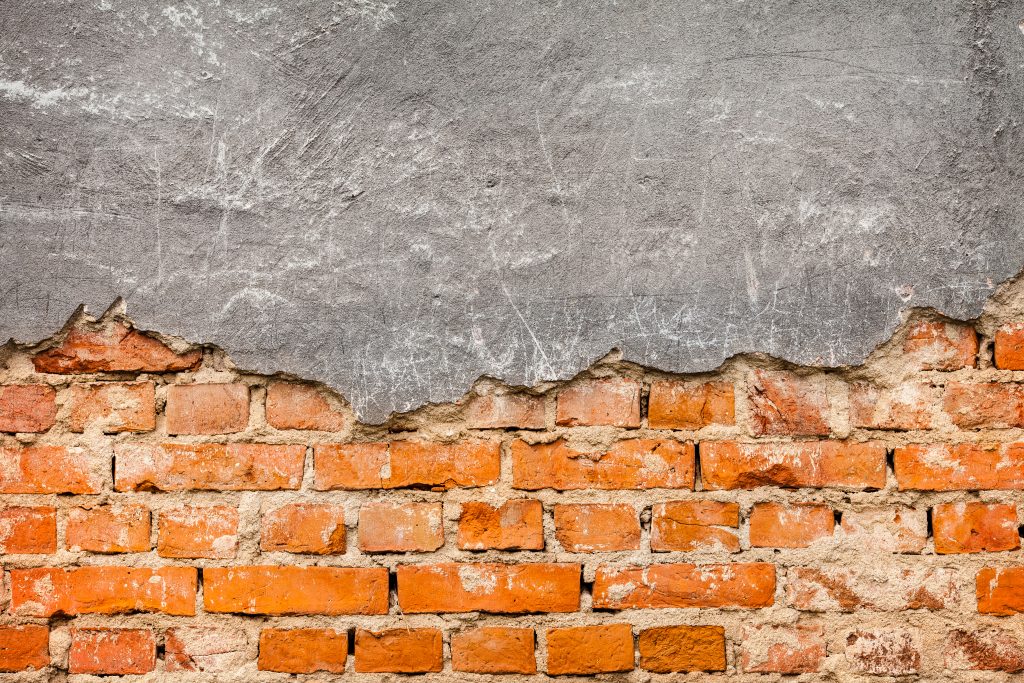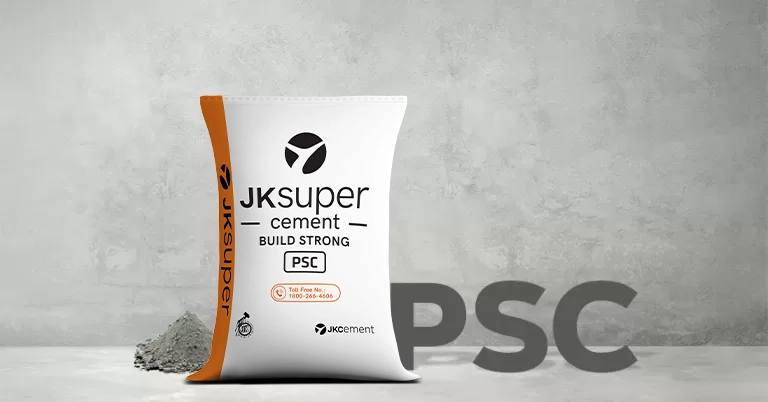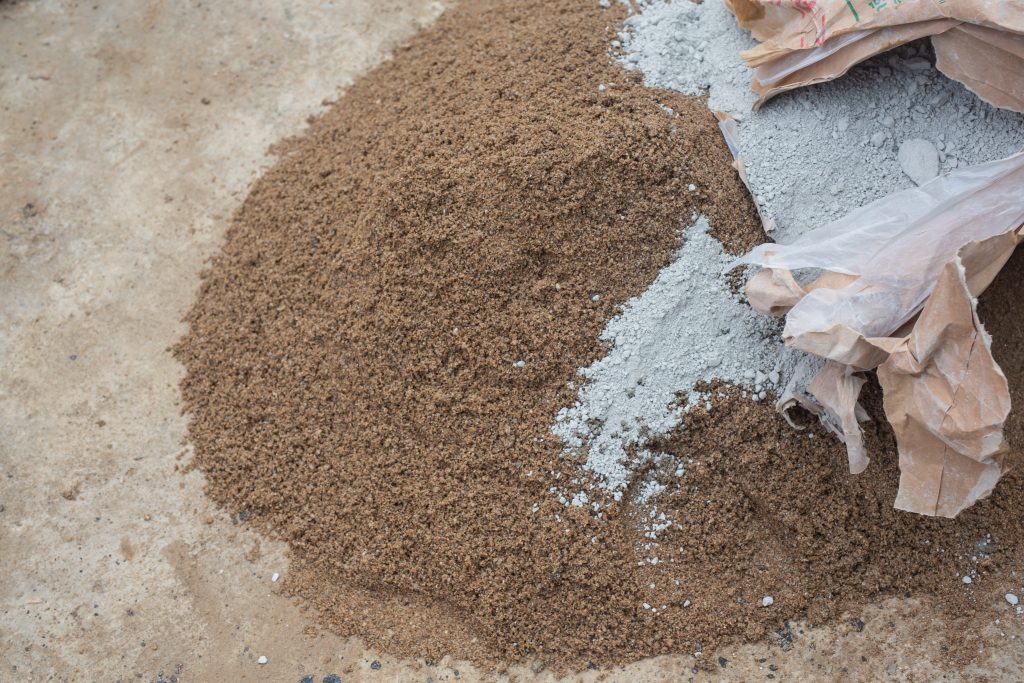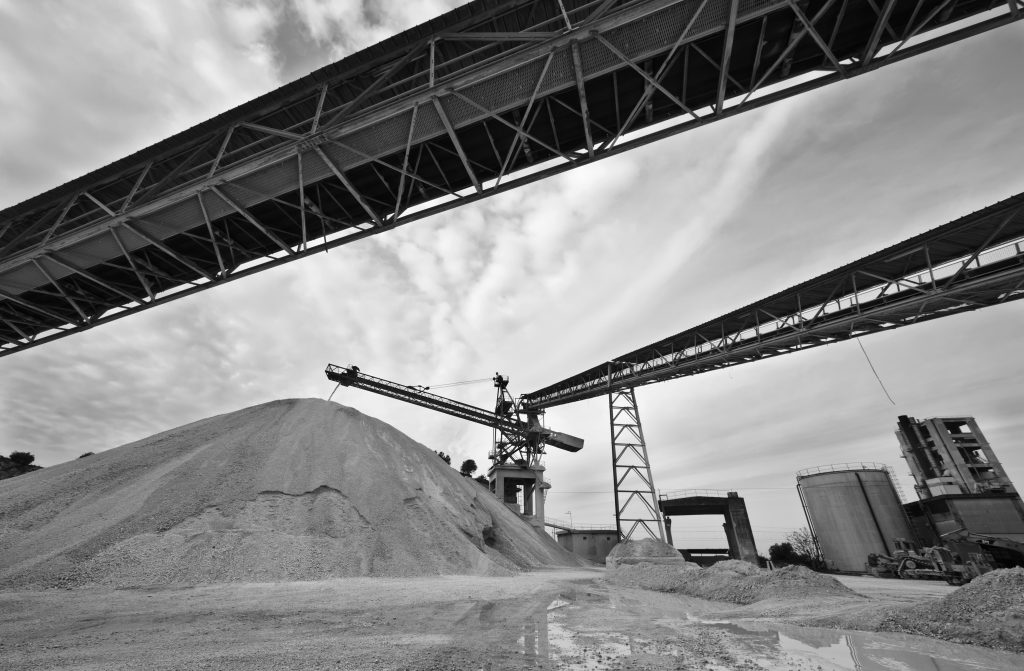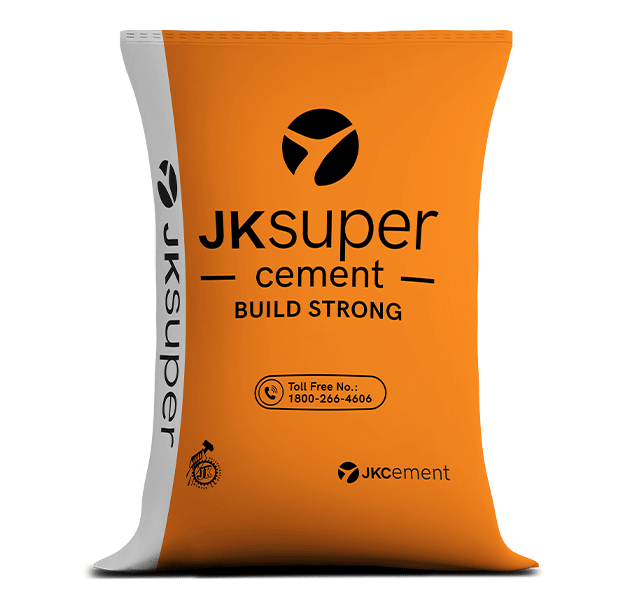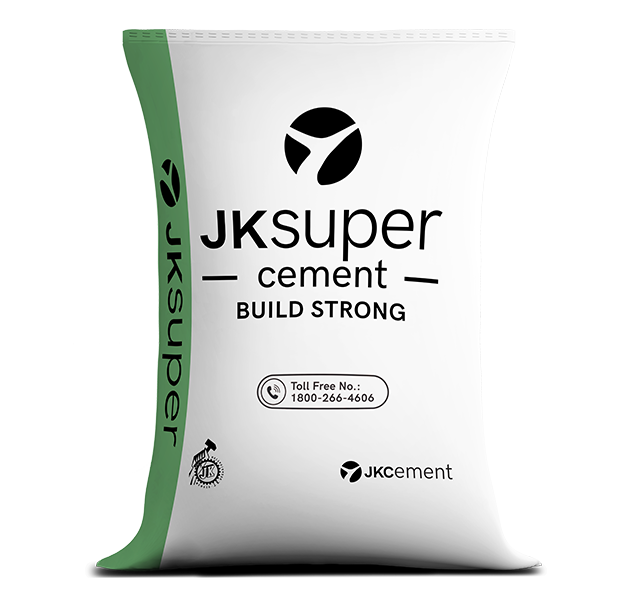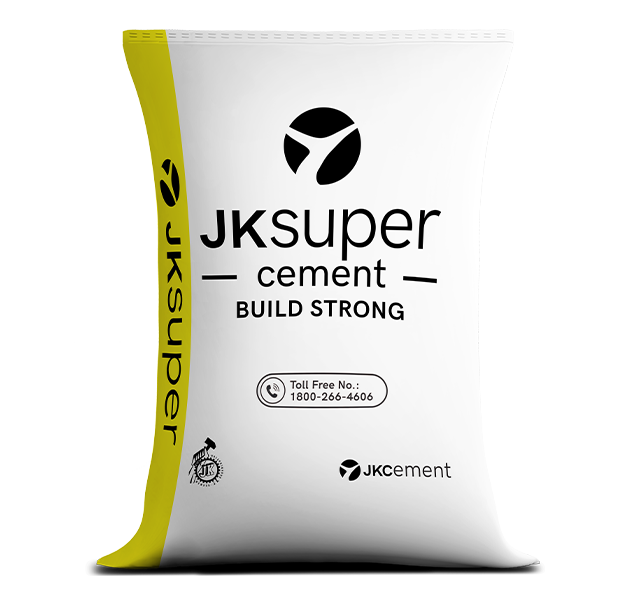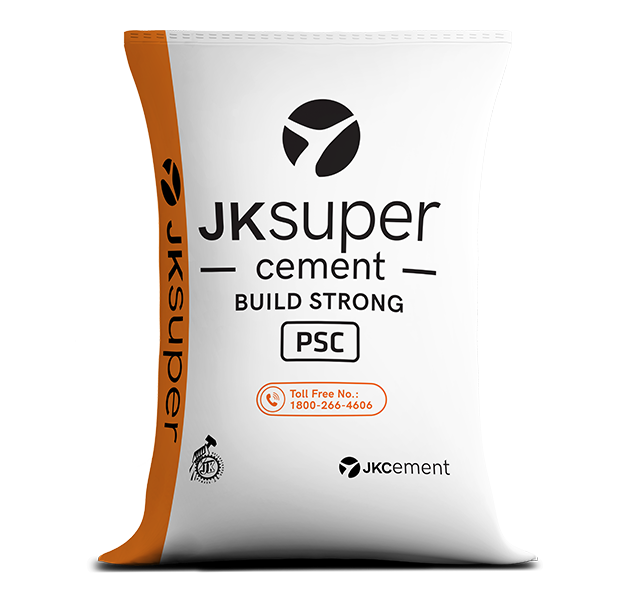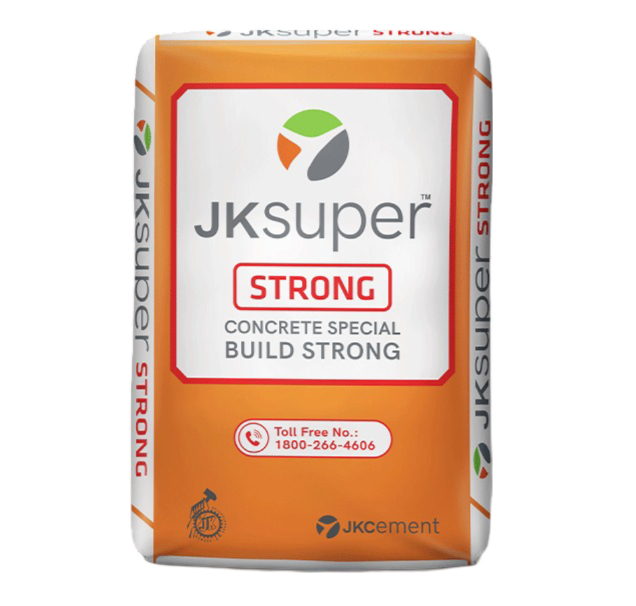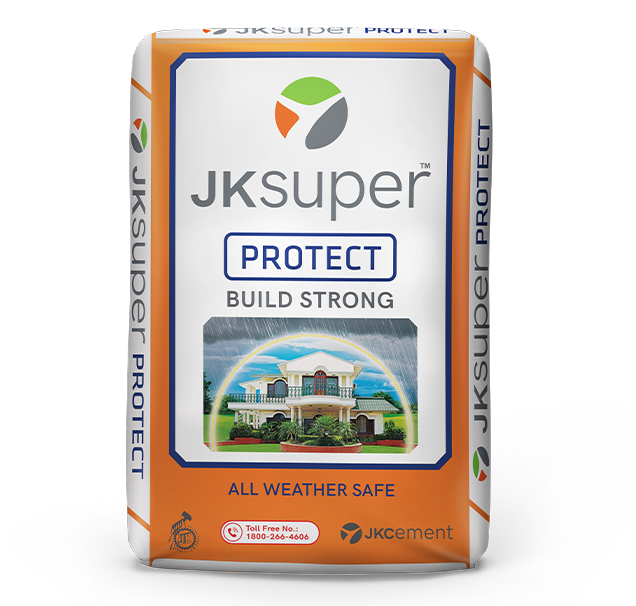Every construction project requires careful consideration of the fundamental building materials. This is when the age-old debate between bricks and concrete blocks takes centre stage. Both are integral to the construction process and bring their unique set of characteristics and advantages. Whether you’re a seasoned builder or a prospective homeowner, understanding the difference between bricks and concrete blocks helps you make informed decisions for your construction projects. Read on to learn more.
Bricks vs Concrete Blocks: How Are They Different?
Let’s explore the differences between bricks and concrete blocks. Here’s a breakdown:
Composition:
Traditionally made from clay, bricks undergo firing processes to achieve their final hardened form. Concrete cement blocks, on the other hand, are composed of Portland cement, aggregates, and water. They are manufactured through a moulding process.
Insulation Properties:
Bricks are natural insulators that provide good thermal and sound insulation. Concrete blocks offer reasonable insulation but may require additional measures for enhanced thermal and sound properties.
Application:
Bricks are versatile and suitable for various construction projects, including walls, facades, and landscaping. Concrete blocks are commonly used in load-bearing walls, retaining walls, and foundation structures due to their strength.
Strength:
Known for their compressive strength, bricks are durable and resistant to wear. They may, however, be susceptible to weathering over extended periods. Concrete blocksexhibit higher compressive strength compared to bricks. Their durability is influenced by the quality of materials used in manufacturing.
Weight:
Bricks are relatively heavy compared to some other building materials. Their weight can influence transportation and handling during construction. Concrete blocks are generally lighter than traditional bricks. Their lighter weight can facilitate easier handling and transportation during construction.
Cost:
The cost of bricks may vary based on type and production methods, but generally, they can be cost-effective for certain applications. Manufacturing efficiency also makes concrete blocks a cost-effective option, particularly for large-scale construction.
Bricks vs Concrete Blocks: Which Are Better For Construction?
When choosing between red bricks vs concrete blocks for construction purposes, you must assess certain aspects. Both materials have distinct features. So, here’s a list:
Project Requirements
Versatility makes bricks suitable for a wide range of construction projects, including walls, facades, and landscaping. They offer creative design options. Concrete blocks are ideal for larger constructions like load-bearing walls and foundation structures due to their relatively higher compressive strength.
Aesthetic Preferences
Bricks provide a timeless and traditional aesthetic appeal. Varied sizes and shapes allow for intricate designs, contributing to architectural diversity. Concrete blocks come in uniform shapes and sizes, which offer a more modern appearance. They are suitable for projects with a focus on structural uniformity.
Weather Resistance
Assess the exposure to weather conditions. Both materials are durable, but specific climates may favour one over the other. For example, bricks may weather well in certain conditions, while concrete blocks may be more resistant to moisture.
Local Availability
Consider the local availability of materials. Opting for locally sourced bricks or concrete blocks can reduce transportation costs and environmental impact.
Ease of Construction
Bricks can be labour-intensive, especially if the project mandates intricate designs. Handling them often requires skilled masonry. Concrete blocks offer ease of construction due to uniform sizes. They are suitable for projects where efficiency is crucial.
Level up your construction endeavours with the superior cement choices available at a reputable cement construction company like JK Cement.
FAQs
Are bricks stronger than concrete blocks?
The strength of bricks and cement blocks depends on factors like composition and manufacturing. While both have comparable strength, concrete blocks made from cement, aggregates and water often exhibit higher compressive strength.
Which is a better option, bricks or concrete blocks?
The choice between bricks vs concrete blocks depends on specific project requirements. Both have unique strengths; bricks offer versatility and aesthetic appeal, while concrete blocks provide structural strength and efficiency.
What is the lifespan of concrete bricks?
The lifespan of a concrete block varies based on factors like quality, usage, and environmental conditions. For example, high-quality and well-maintained concrete blocks can endure for several decades in construction projects.
Can grey cement be used with both bricks and concrete blocks?
Yes, grey cement is a versatile binder suitable for both bricks and concrete blocks. It provides the necessary strength and durability for construction, ensuring the integrity of the structure.
Can both bricks and concrete blocks be used interchangeably in construction?
Yes, both bricks and concrete blocks can be used interchangeably in construction, depending on project requirements and specifications.
Which one requires more maintenance, bricks or concrete blocks?
Both materials are durable. However, the maintenance requirements depend on factors like exposure to weather conditions and the quality of materials used.

